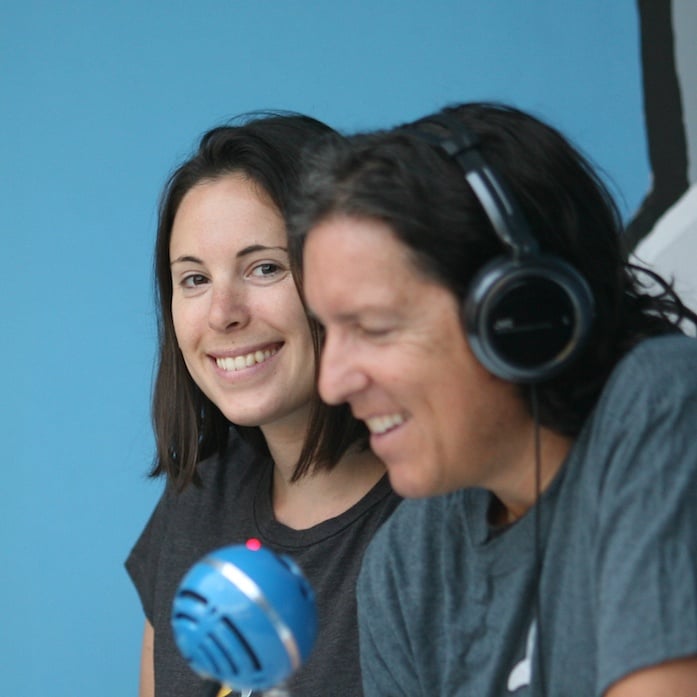Steve Portigal has interviewed everyone from high-finance traders to rock musicians, regular families to medical professionals, all in search of finding out how people make their products better. "Great leaders are not territorial," he said in this episode of Helping Sells Radio "They're looking for everything and anything that can help make their products better."
Click-to-Tweet
You are not the user
In his book, Interviewing Users: How to Uncover Compelling Insights, Portigal starts off by stating that "you are not the user". That is, that interviewers are not the users of the product and so shouldn't be involved in the user research experience.
"The whole purpose of the interview," Portigal told us, "Is to understand someone else's point of view, belief structure, the language they use, etc. in order to embrace their perspective." But product development people, software developers, anyone connected with your company has been living with your experience of the product for so long that it can be hard to divorce themselves from the entire experience.
You use your experience to inform the user research process so you don't actually get the true user input in any interview you do. It's hard to learn from any interview you do because you inadvertently lead your interview subjects to a particular endpoint through your questions, the language you use, etc."Yes, and...."
While doing all the interviews for his book, Portigal said that the main thing that he was impressed with was how all leaders, regardless of industry, were looking to everything to make their product better. They used a variation of the classic improve game, "Yes, and...", where you take each statement from your improv partner and say, "Yes, and....". You add something to the idea each time you say it, and these leaders were no different.
Credit: Yes, And by Kelly Leonard, Tom Yorton
They simply spoke to everyone in their organization, in their industry, in order to make their products better. Then they combined as many pieces as they could get their hands on to make the product just a little bit better than before.
"Understand what the makers think their thing is, and what the users of the thing think it is."
-@steveportigal
Research is sometimes about not doing anything at all
"Sometimes the best thing you can do in user research is to sit on your hands," Portigal said. For example when talking to someone and they use a product feature in a different way than you intended or mispronounce the name of your product. "Just let them talk, don't correct them," he advised.
By sitting back and letting the interview subject take control of the language they use and how they explain things, you're giving them the power in the session. The power in any interview tends to lie with the interviewer, so by sitting back and letting them speak however they like, you're giving it back to them.
The bonus lesson here is that interviewers are getting a first-hand look at the customer perspective and they can use that information to shift their own mindset. It can be hard figuring out what customers are thinking about or what they're looking to get out of your products, so any interview you do with them helps with that. You are so invested in your product and so focused on it that it can be hard to step away and look at it from another view point. User research interview sessions give you that opportunity.
Know what you don't know
Not everyone will be as experienced at interviewing as Steve Portigal, but that doesn't mean they can't do good user research themselves. Portigal advised people about doing a lot of planning when they're just getting started with user research, so they can be more effective at uncovering those customer insights.
A simple way to start is to use the following business and research questions as a foundation:
- The business question is "What shift are we seeing the use of our software that's changing our pricing model?"
- The research question is "People are spending their time differently with our software now, so what are they doing with it?"
If you liked this episode, you may like these episodes too:





